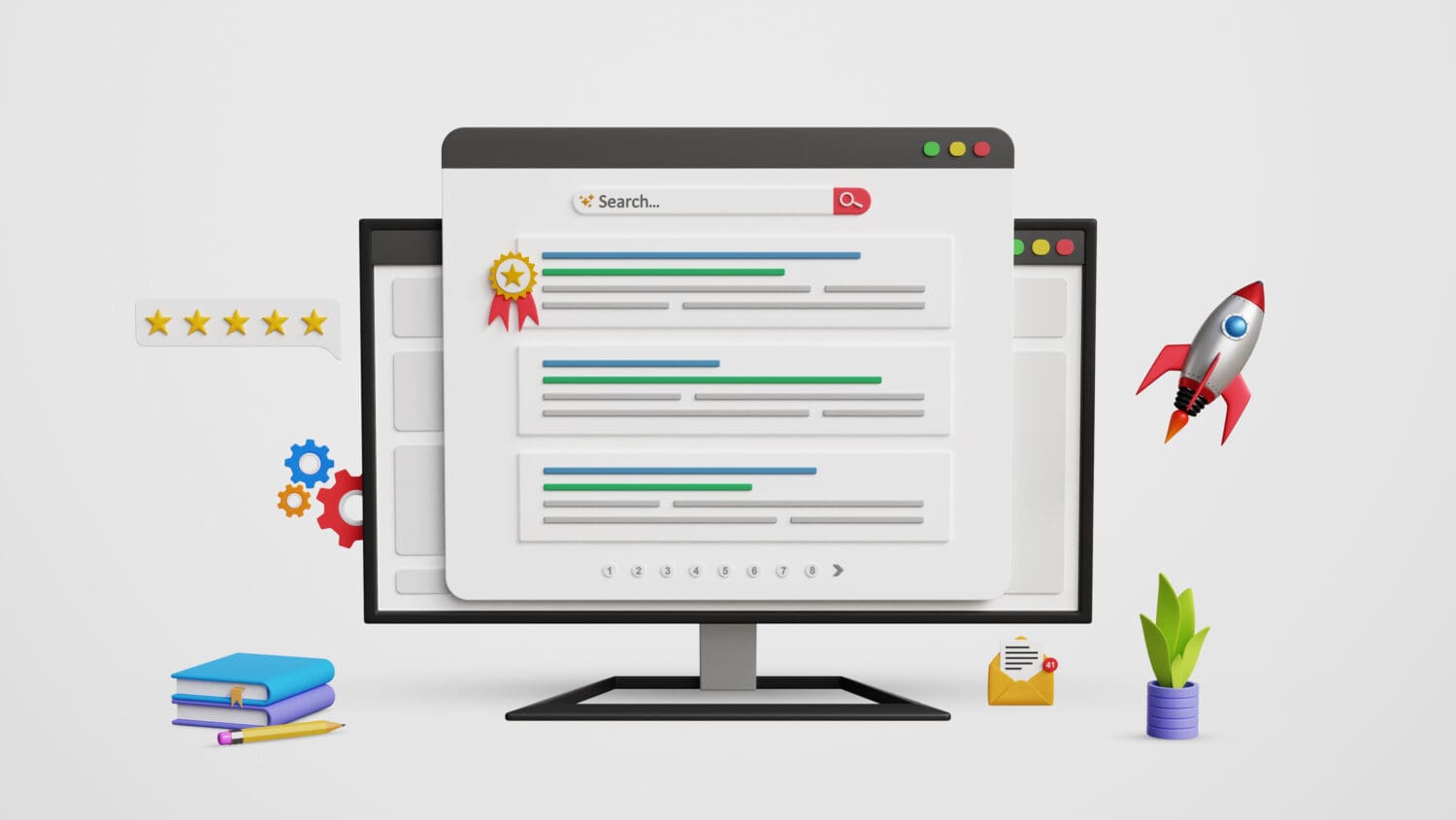When you search for something online, what do you trust more: Google’s first page of results or advice from a friend? For many users, the answer is clear. The first page of Google holds such immense power that it often shapes decisions more than personal recommendations.
The Power of Google’s First Page
The first page of Google is more than just links. It includes organic results, paid ads, featured snippets, local packs, and business listings—all curated by Google’s algorithm to deliver the most relevant results to a user’s search query.
Because most users click on results from the first page, businesses and websites prioritize appearing there. Studies show that most clicks go to top-ranking results, with few users exploring multiple pages. That’s why search engine optimization (SEO) and using the right keywords are essential to visibility.
Achieving that spot means your site is considered relevant, trustworthy, and authoritative—not just by Google but also by users.
What Is Google’s First Page?
Google’s first page is the first set of search engine results displayed when a user types in a search query. It’s shaped by combining Google ads, organic results, featured snippets, and even knowledge panels.
Each element is designed to help users quickly find accurate information. This search traffic isn’t random—it’s the result of Google’s algorithm analyzing hundreds of signals like page content, sites linking in, local intent, and search history to determine which pages should rank at the top.
Websites need a strong SEO strategy, quality content, and technical factors like fast loading, mobile-friendly design, and no broken links to appear here.
Why Is Google’s First Page So Important?
Being on the first page of Google gives you more visibility, better click-through rates, and increased search traffic. It also signals credibility. Users who see a brand or site ranking high in organic search results are more likely to trust it.
Here’s why the first page matters:
- Users rarely visit the second page or beyond.
- Appearing in organic results builds trust more than paid ads.
- Featured snippets and related questions offer quick answers, especially on mobile devices.
In short, Google search results serve as a filter that tells users: “This content is worth your time.”
Get started with your free reputation evaluation today
How Google Builds Trust Through Search Results
Google’s ability to deliver relevant content consistently makes its search engine results so powerful. Trust is built through several layers:
1. Authority Through Links
When other websites link to your content, it signals to Google that your page is valuable. These links help improve rankings, and they act as endorsements to users, too.
- Sites linking to your blog show that your content has value.
- Authoritative links boost credibility in both Google’s view and the users’.
2. Relevance Through Keywords
Google’s algorithm focuses heavily on keywords—not just exact matches, but user intent. That’s why including the right keywords naturally and consistently in your content is essential.
- Use keywords that align with what your audience searches for.
- Focus on people’s first content that answers fundamental questions.
3. Consistency Across Updates
Search engines reward sites that keep content fresh. Regularly updated pages with recent information perform better than outdated ones.
- Google uses search history and user signals to identify helpful activity.
- The more relevant and up-to-date your page is, the more it engages users.
4. Reviews and Ratings
Reviews often appear directly on the first page, particularly in the local pack. Users trust reviews because they offer social proof that can influence purchasing decisions.
- Good ratings increase visibility in local intent searches.
- Validation through reviews boosts both SEO and user trust.
What About Personal Recommendations?
Personal recommendations still matter—but they come with limitations:
- They’re based on one person’s experience.
- They may not reflect broader data or search traffic.
- They often lack depth or accuracy compared to Google’s search results.
While a friend’s opinion is helpful, search results offer variety, data-driven results, and up-to-date information pulled from across the web.
Why People Trust Google’s First Page More
1. Perceived Objectivity
Unlike personal opinions, Google uses data. Search engine results come from an unbiased process designed to deliver relevant pages based on queries.
2. Accessibility and Speed
Users can search from anywhere, anytime. Whether they’re looking for services, local businesses, or answers to niche questions, Google’s first page makes the experience fast and efficient.
3. Variety of Sources
Instead of hearing one opinion, users see other websites, expert blogs, news sources, and business listings—all on the same page.
4. Ongoing Validation
Through user behavior, feedback, and content signals, Google continues to refine and validate which pages deserve to stay on top. As a result, users grow more confident with each search.
Final Thoughts
People trust Google’s first page because it delivers fast, accurate information from various trusted websites. With search engines prioritizing people’s first content, relevant pages, and site authority, users feel confident making decisions from the top results.
To rank, businesses must understand SEO, use the right keywords, and ensure their site is mobile-friendly, easy to navigate, and packed with relevant content.
In a world of constant queries, search traffic, and fast-moving decisions, ranking on the first page of Google is one of the most powerful assets a business can achieve.
Want to improve your visibility and trust online? Start with a smart SEO strategy that puts users first.
